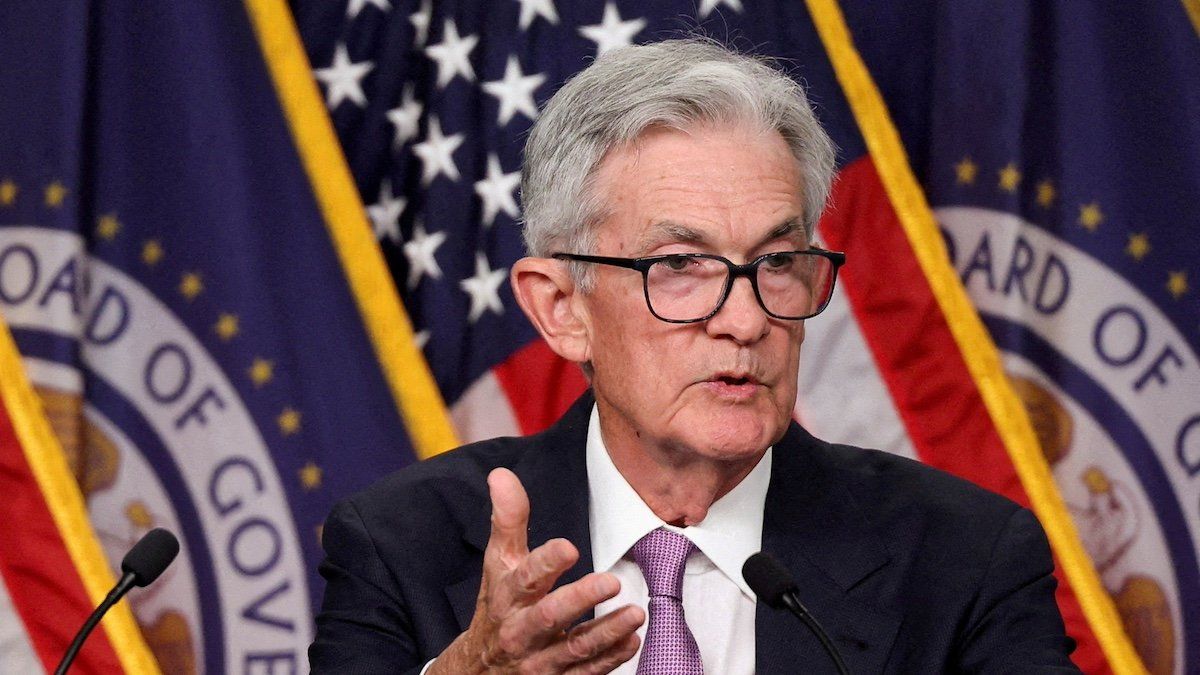Recent rate cuts by the Federal Reserve and the Bank of Canada, along with lower inflation rates in both countries, are spurring … talk of more cuts. This includes a potential “jumbo” cut this month in Canada.
A former deputy governor of Canada’s central bank is arguing for a half-point cut when the bank meets in late October, and he’s betting on it. Paul Beaudry argues that the economic stimulus would spur the Canadian economy – by boosting consumer and business spending.
Statistics Canada reports that the country’s inflation rate was 2% in August while the US Bureau of Labor Statistics pegged the rate south of the border at 2.5%.
In September, the Fed cut rates by 50 basis points, its first trim in four years. That had effects on both sides of the border, given how close the US and Canadian economies are linked. Some Canadian mortgage rates on offer ticked down after the cut, dipping below 4%. So too did their US counterparts, triggering an immediate jump in real estate hunting and refinancing.
Experts believe the Fed will embrace more cuts in the coming months, aiming for a target of 4-4.25%, with even lower rates on the docket for 2025. The Fed and Bank of Canada will drive borrowing costs down and offer some relief to consumers and borrowers as both economies continue to level out.